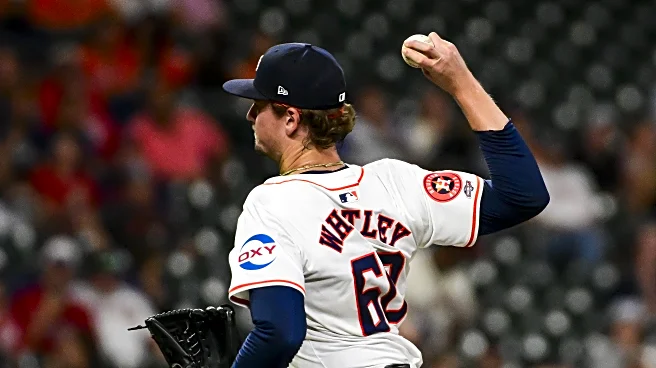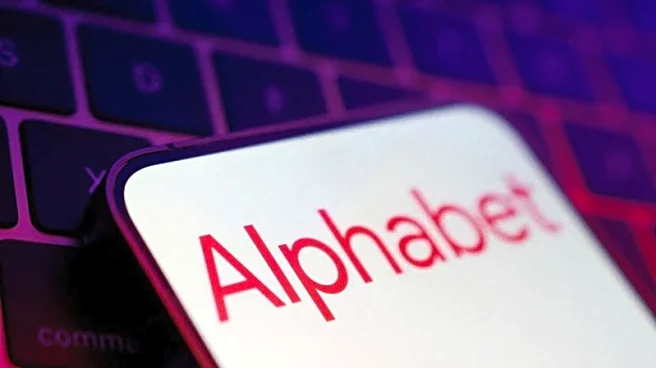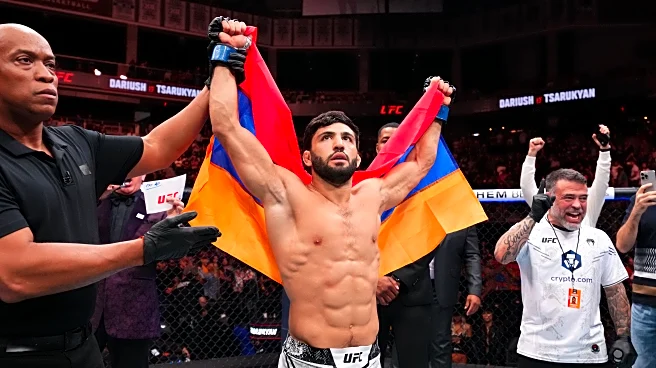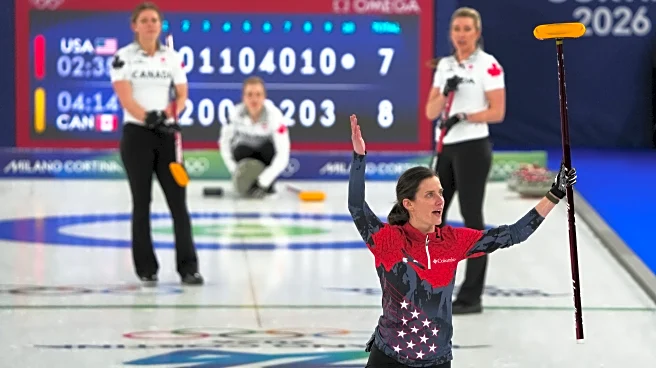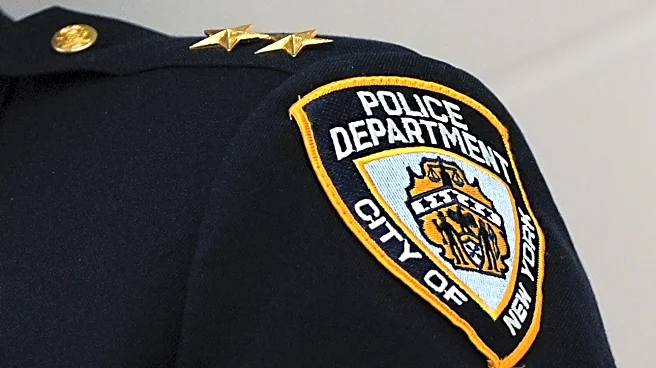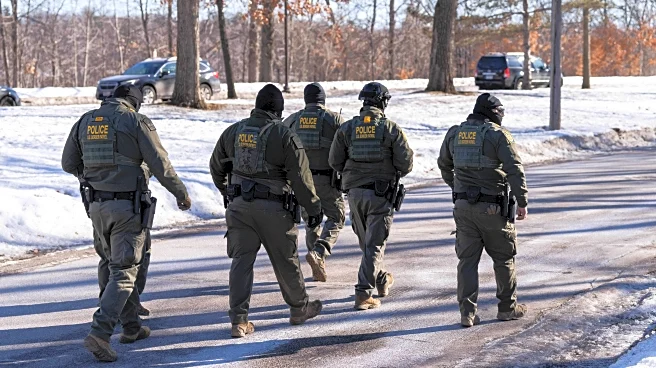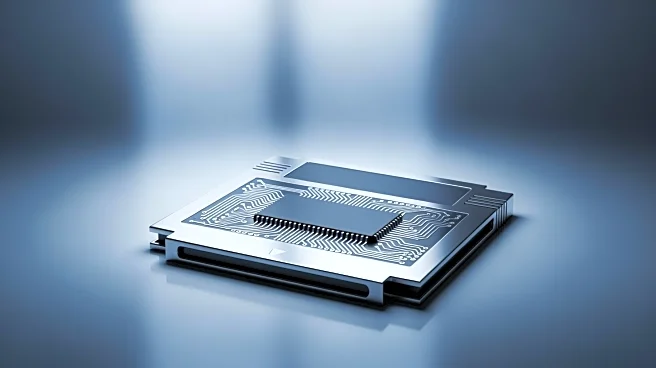2025 was a disappointing season for a team that had made the postseason every year since 2017. No need to belabor that point. The question is: Is the failure a temporary setback? Will the Astros again
return to top contender status? Or are the last two years just the beginning of an inexorable slide into future mediocrity?
On the bright side, we can all point to an inordinate number of injuries to star players this year, far beyond the league norm. On the other hand, the Astros were actually lucky to win the 87 games they did win. By run differential, the Astros should have had a record of 83-79. The truth is, when key players went down, the Astros did not have minor leaguers who could produce at even replacement level to mitigate the losses. The poor reputation of the Astros’ farm system, especially on the hitting side, was borne out in the late 2025 crash-and-burn.
The truth is, the Astros have not drafted a legitimate major leaguer in the first or second round since they struck gold with Alex Bregman and Kyle Tucker in 2015. That is not how dynasties are made.
Let’s look at the Astros’ draft failures since 2016.
2016—First Round: Forrest Whitley. Second Round:Ronnie Dawson
For his career, Whitley has thrown 15.1 major league innings with a 10.57 ERA and 5.49 FIP. For a 162-game season, his bWAR would be -4.0. Ronnie Dawson has had nine plate appearances and no hits and is out of baseball. To have made the bigs but never gotten a hit has to be a special kind of torture.
2017—First Round: J.B. Bukauskas. Second Round: (2) Corbin Martin, and Joe Perez
Bukauskas has thrown 30.1 major league innings with a 5.04 ERA and 4.74 FIP. Over 162 games, his bWar would be -1.3. Corbin Martin has thrown 75.3 innings with an ERA of of 6.54 ands a FIP of 6.57. His 162-game bWAR would be -2.3. Joe Perez can make a claim few of us can make and would be proud to state: He made the major leagues. He is 0-1 in his major league career.
2018—First Round: Seth Beer, Second Round: Jayson Schroeder
In 120 PAs, Beer has slashed .208/.294/.292 with two homers. His 162-game bWAR would be -3.1. Jayson Schroeder never made the majors.
2019—First Round: Korey Lee, Second Round: Grae Kessinger
As a catcher, Lee has had the most major league experience of any player in this group, accruing 502 PAs while slashing .193/.234/.328 for a 162-game bWAR of -0.7. In 70 PAs, Kessinger has slashed .131/.243/.213 for a 162-game bWAR of -1.1.
2020, 2021: No first or second round draft picks
2022—First Round: Drew Gilbert, Second Round: Jacob Melton
At 24 years old, both players should be rounding into their prime. Neither has performed well in limited action. Gilbert has 109 PAs, slashing .190/.248/.350 for a -0.6 162-game bWAR with three homers. Melton has 78 PAs, slashing .157/.222/.186 for a -1.7 bWAR and no home runs.
2023—First Round: Brice Mathews, Second Round: Alonzo Treadwell
It’s a little early to evaluate the 2022 crop and way too early to cast aspersions on these two. Mathews had mixed success in his 47 PAs, slashing .167/.222/.452. His 162-game bWAR was 2.7. He had four homers but 20 strikeouts. Clearly, the Astros were more impressed by this latter number when they sent him back down to AAA. Treadwell spent 2025 in Sugarland.
Although some of the players mentioned above may yet develop, the early returns are generally not promising. Fortunately, the Astros unloaded many of these prospects at various trade deadlines for aging future Hall of Famers: Beer, Martin, and Bukauskas for Zack Greinke in 2019. Gilbert for Justin Verlander Version II in 2022. Verlander won his first World Series Game in 2022, thus contributing to the Astros’ World Championship that year.
The Astros have drafted two recent All-Stars: Jeremy Pena, third Round, and Hunter Brown, Fifth Round.
I acknowledge that it is hard to succesfully draft future major league baseball players. Even first and second round picks often fail to make significant contributions. And keep in mind, most years the Astros have drafted at the back end of the draft and for two years had no picks. But although we tend to think the weakness of the Astros’ farm system is due to trade depletion, it’s hard not to notice that very few Astros draftees have succeeded regardless of where they have played. And although I haven’t compared the WAR of Astros draftees to other teams, I’d be most surprised to find that it compares favorably.
The Astros have remained competitive by developing, over and over again, pitchers of low pedigree, especially ones from Latin America. It would be refreshing for them to develop a high draft pick who did as well. If the Astros’ dynasty is teetering, the failure to do so is one large reason.
